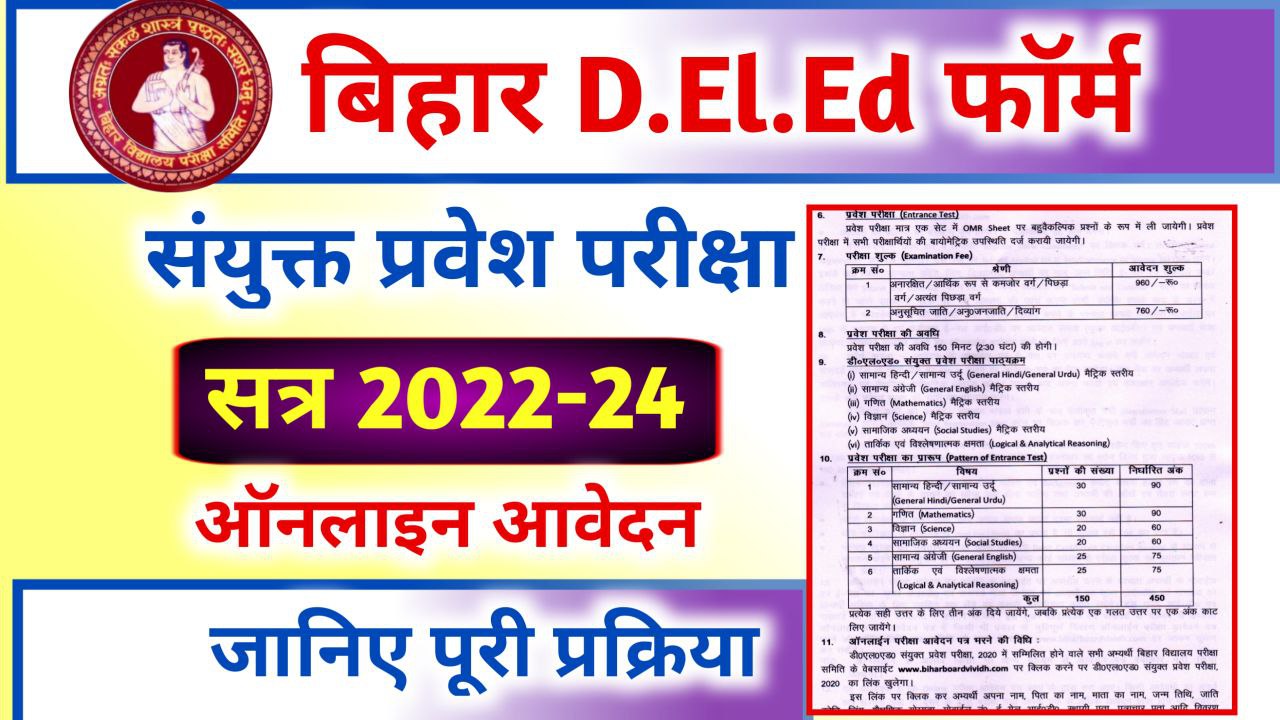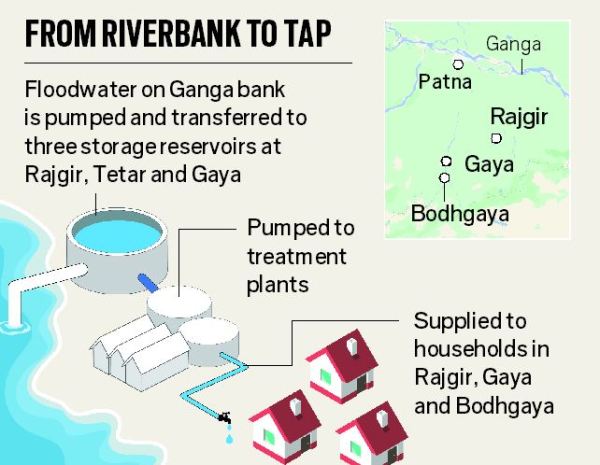MBBS raw deal for state students
2 min read Patna: Students of Bihar who live and study in the state up to Class XII are at a disadvantage in comparison to their counterparts in several other states when it comes to admissions in government medical colleges of the state after clearing NEET (National Eligibility-Cum-Entrance Test), the gateway for getting a medical seat for the undergraduate course.
Patna: Students of Bihar who live and study in the state up to Class XII are at a disadvantage in comparison to their counterparts in several other states when it comes to admissions in government medical colleges of the state after clearing NEET (National Eligibility-Cum-Entrance Test), the gateway for getting a medical seat for the undergraduate course.
Bihar does not have any special provisions for such students in allotting state quota seats. It only seeks domicile certificates from the candidate irrespective of where they stay or where they study. Several other states have such protection for their students.
According to the existing formula, 15 per cent of the total medical seats go under the central quota in which students from any place of the country can get admission whereas the remaining seats go into the state quota. In Bihar, there are 950 MBBS seats in medical colleges.
In Bengal, the domicile certificate is issued only if the student has been living there continuously for the past 10 years. In Karnataka, to claim a state quota seat, a candidate needs to have studied and passed in one or more government or government-recognised educational institution in the state for a minimum of seven academic years from classes I to XII. To get a state quota seat in Maharashtra, the candidate must have passed SSC or an equivalent examination from an institution in the state. Some exceptions, however, have been permitted.
Bihar makes no such special provision. A domicile certificate is enough to claim a state quota MBBS seats.
“This is ridiculous; many Bihar students who study in the state are left out in the race for state quota because affluent Biharis living outside the state get their children educated outside Bihar and yet get their Bihar domicile certificates made. The government should think of introducing more safeguards for students who reside and study in Bihar,” said a parent of a medical aspirant.
Asked for comment, health minister Mangal Pandey said there were safeguards to ensure only a genuine claimant gets the domicile certificate.
“At the time of admission we take reports from the district magistrate concerned whether details given in the domicile certificate are correct or not,” he said.
“We also take affidavits from the candidate regarding the place of residence,” the minister added.
Courtesy: The Telegraph



